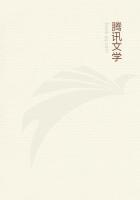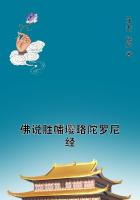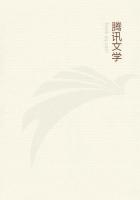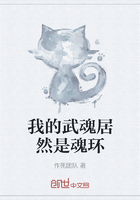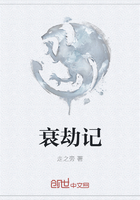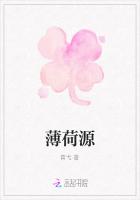PANTHEISM. I
THE Rev. J. H. Blunt, in his "Dictionary of Sects, Heresies, etc.," defines Pantheists as "those who hold that God is everything, and everything is God."If it is granted that the value of words lies in the definiteness and coherency of the ideas that present themselves to us when the words are heard or spoken-then such a sentence as "God is everything and everything is God" is worthless.
For we have so long associated the word "God" with the idea of a Living Person, who can see, hear, will, feel pleasure, displeasure, etc., that we cannot think of God, and also of something which we have not been accustomed to think of as a Living Person, at one and the same time, so as to connect the two ideas and fuse them into a coherent thought. While we are thinking of the one, our minds involuntarily exclude the other, and vice versa; so that it is as impossible for us to think of anything as God, or as forming part of God, which we cannot also think of as a Person, or as a part of a Person, as it is to produce a hybrid between two widely distinct animals. If Iam not mistaken, the barrenness of inconsistent ideas, and the sterility of widely distant species or genera of plants and animals, are one in principle-sterility of hybrids being due to barrenness of ideas, and barrenness of ideas arising from inability to fuse unfamiliar thoughts into a coherent conception.
I have insisted on this at some length in "Life and Habit," but can do so no further here. (Footnote: Butler returned to this subject in "Luck, or cunning?" which was originally published in 1887.
In like manner we have so long associated the word "Person" with the idea of a substantial visible body, limited in extent, and animated by an invisible something which we call Spirit, that we can think of nothing as a person which does not also bring these ideas before us. Any attempt to make us imagine God as a Person who does not fulfil [sic] the conditions which our ideas attach to the word "person," is ipso facto atheistic, as rendering the word God without meaning, and therefore without reality, and therefore non-existent to us. Our ideas are like our organism, they will stand a vast amount of modification if it is effected slowly and without shock, but the life departs out of them, leaving the form of an idea without the power thereof, if they are jarred too rudely.
Any being, then, whom we can imagine as God, must have all the qualities, capabilities, and also all the limitations which are implied when the word "person" is used.
But, again, we cannot conceive of "everything" as a person.
"Everything" must comprehend all that is to be found on earth, or outside of it, and we know of no such persons as this. When we say "persons" we intend living people with flesh and blood;sometimes we extend our conceptions to animals and plants, but we have not hitherto done so as generally as I hope we shall some day come to do. Below animals and plants we have never in any seriousness gone. All that we have been able to regard as personal has had what we can call a living body, even though that body is vegetable only; and this body has been tangible, and has been comprised within certain definite limits, or within limits which have at any rate struck the eye as definite. And every part within these limits has been animated by an unseen something which we call soul or spirit. A person must be a persona-that is to say, the living mask and mouthpiece of an energy saturating it, and speaking through it. It must be animate in all its parts.
But "everything" is not animate. Animals and plants alone produce in us those ideas which can make reasonable people call them "persons" with consistency of intention. We can conceive of each animal and of each plant as a person; we can conceive again of a compound person like the coral polypes [sic], or like a tree which is composed of a congeries of subordinate persons, inasmuch as each bud is a separate and individual plant. We can go farther than this, and, as I shall hope to show, we ought to do so; that is to say, we shall find it easier and more agreeable with our other ideas to go farther than not; for we should see all animal and vegetable life as united by a subtle and till lately invisible ramification, so that all living things are one tree-like growth, forming a single person. But we cannot conceive of oceans, continents, and air as forming parts of a person at all; much less can we think of them as forming one person with the living forms that inhabit them.
To ask this of us is like asking us to see the bowl and the water in which three gold-fish are swimming as part of the gold-fish.

